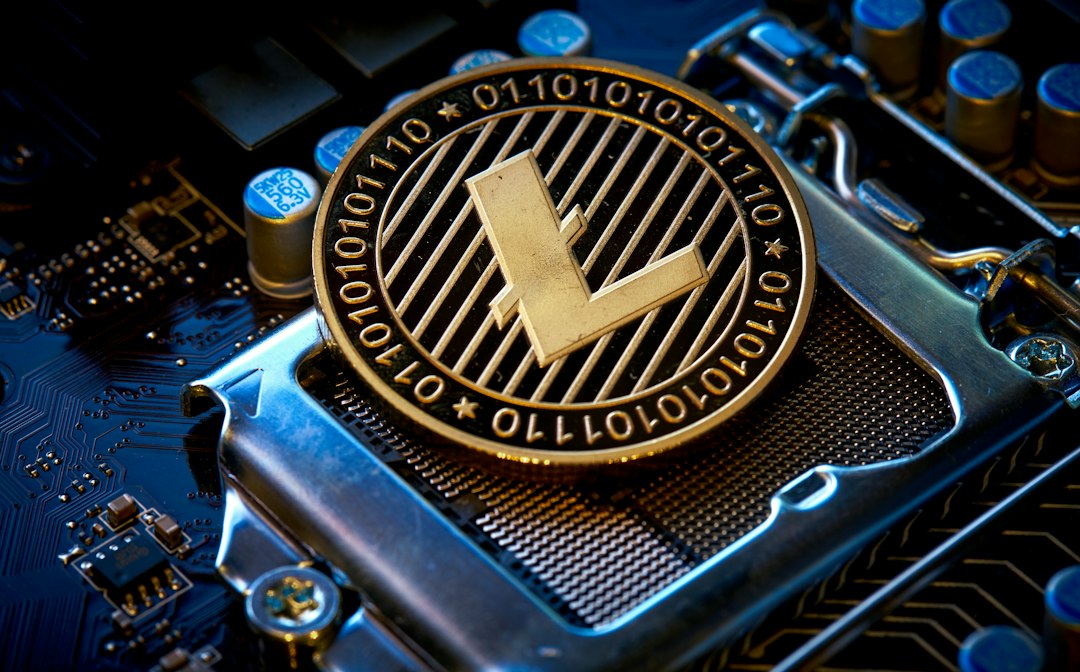Meta’s Shift in Responsible AI Approach
Meta, the parent company of Facebook, is reorganizing its “Responsible AI” team, signaling a change in the way it approaches the development of artificial intelligence. The change, as reported by The Information, involves the team members being integrated into different departments within the company. According to Meta, this decision will embed considerations for the safety of AI more directly into the development of its core products and technologies.
This move comes at a time when the impact of generative AI has raised concerns worldwide, ranging from privacy issues to fears of a potential AI apocalypse. Despite the restructuring, Meta insists that it remains committed to responsible AI development. However, the decision to disperse the Responsible AI team seems to indicate a shift from a centralized approach to overseeing ethics in AI development.
Concerns and Initiatives
Data scientist David Evan Harris, a former researcher at Meta, has expressed concerns about the potential misuse of AI technologies in an opinion piece for The Guardian. He highlighted the potential for AI systems to facilitate discrimination and exclude certain groups from seeing job listings. He also warned about the threats posed by deepfakes and the misuse of open source LLMs. The now-dismantled team was responsible for preventing such occurrences.
The reorganization of the Responsible AI team coincides with Meta’s efforts to streamline operations as part of its “year of efficiency.” This move is viewed as a reaction to the increasing importance of generative AI tools in the tech industry, an area where Meta has been making significant investments. The company has recently introduced generative AI tools for advertisers, demonstrating its commitment to AI-driven solutions.
Industry Developments and Speculations
Recent developments in the industry, including Sam Altman’s departure from OpenAI and the transition of leadership roles, have fueled speculations about the alignment and safety of AI development. The departure of Altman, the former CEO of OpenAI, led to discussions about potential conflicts between those who want to slow down AI development and those eager to press forward faster.
While Emmet Shear, OpenAI’s new interim CEO, clarified that Altman’s departure was not due to any specific disagreement on safety, concerns about alignment and safety of AI development persist among industry experts.
Hot Take: Meta’s Responsible AI Shift and Industry Landscape
The reorganization of Meta’s Responsible AI team reflects the evolving landscape of AI development and the increasing scrutiny of its societal impact. Despite the company’s assurances of continued commitment to responsible AI, the decision to disperse the team signals a departure from a centralized oversight approach. As the tech industry continues to invest in generative AI tools, concerns about AI misuse and safety persist, prompting discussions about the future of AI development.
Demian Crypter emerges as a true luminary in the cosmos of crypto analysis, research, and editorial prowess. With the precision of a watchmaker, Demian navigates the intricate mechanics of digital currencies, resonating harmoniously with curious minds across the spectrum. His innate ability to decode the most complex enigmas within the crypto tapestry seamlessly intertwines with his editorial artistry, transforming complexity into an eloquent symphony of understanding.

